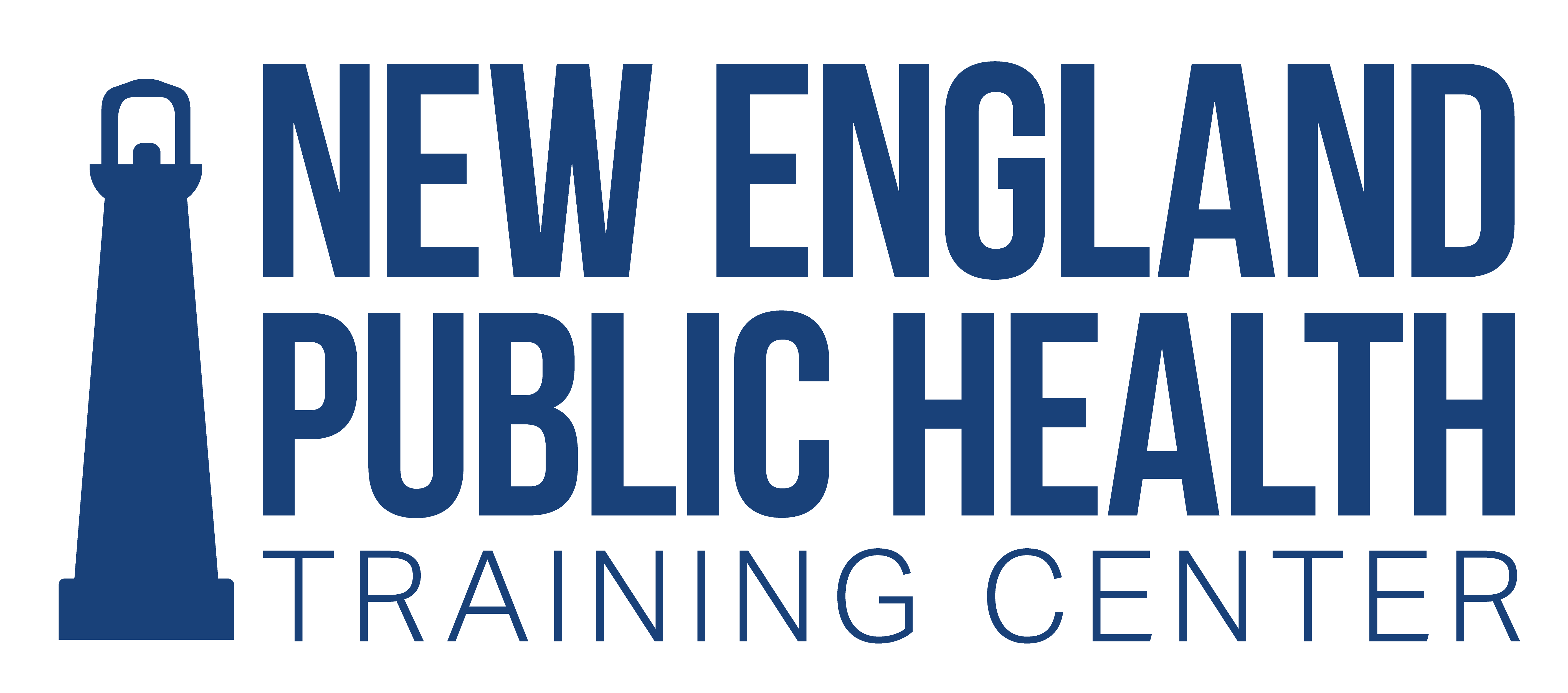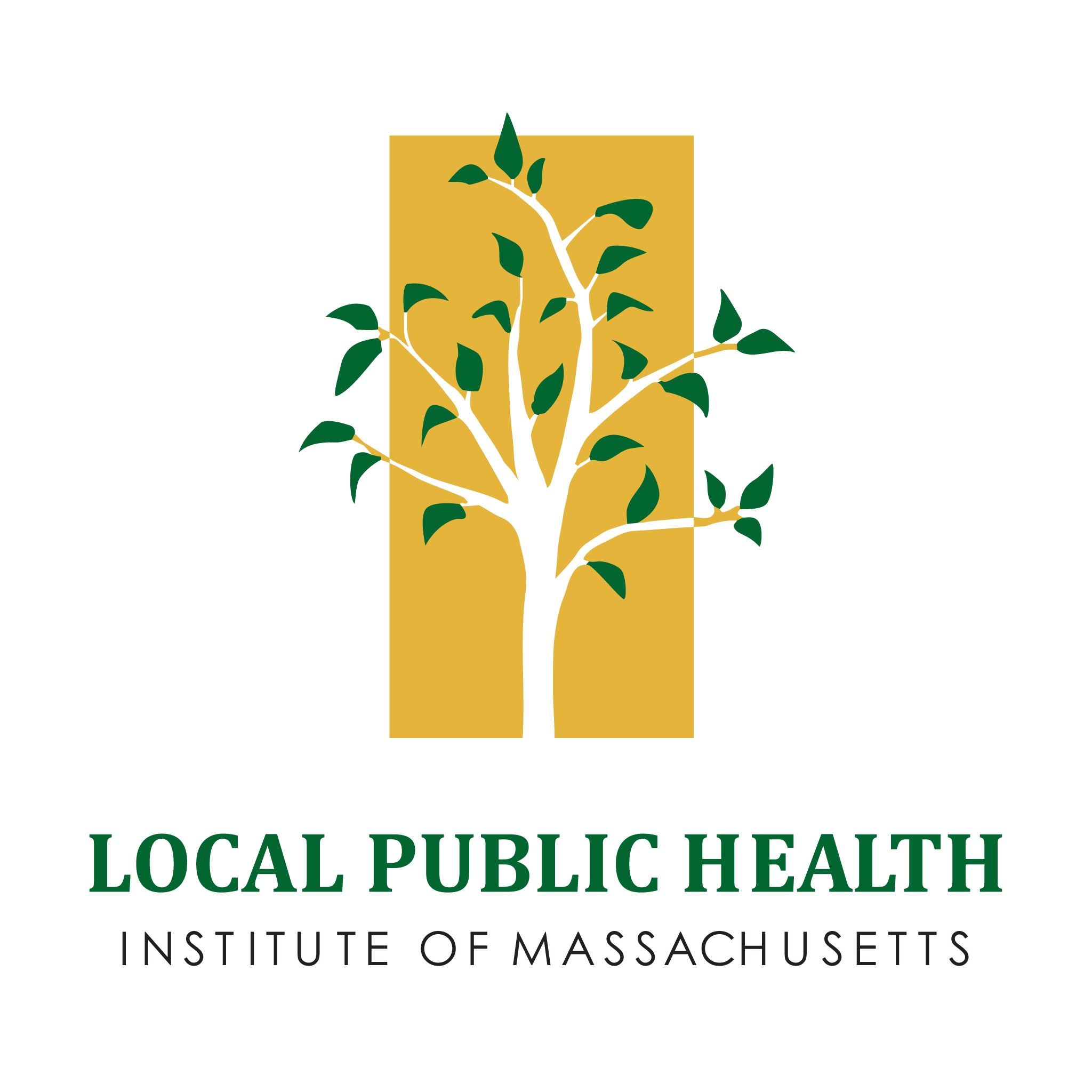
Course Information
- Audience: Heads of local or regional health departments and managers or directors in city or state public health agencies in Massachusetts; managers of community organizations may also find valuable
- Format: Recorded Online Webinar
- Date/Time: Feburary 21, 2017, 9:00-11:00am (Eastern Time)
- Price: Free
- Length: 1 hour and 16 minutes
- Credential(s) eligible for contact hours: Certificate of Completion
- Competencies: Leadership and Systems Thinking Skills
- Learning Level: Performance
- Supplemental materials: PowerPoint
- Technical Requirements: Modern web browser, such as Internet Edge, Chrome, Firefox, or Safari. Speakers or headphones
- Companion Training: Managing Effectively in Today's Public Health Environment
- Pre-requisites: None
About this Webinar
What is quality improvement and why is it important in public health? How can you see your current project in public health, and the health inequalities you want to solve, in the context of quality improvement? How does the Plan-Do-Study-Act (PDSA) cycle work in Quality Improvement? How do Quality Improvement activities help accreditation and how can the failure to develop skills in quality improvement hinder accreditation? Learn about these topics and more in this webinar.
What you'll learn
At the end of the course, participants will be able to:
- Contrast quality improvement, quality assurance, and evaluation
- Explain why quality improvement activities are necessary in today’s public health environment
- Describe the four phases of the PDSA quality improvement model
- Discuss two existing standards-based programs that support quality improvement
- List five benefits and three barriers to public health agency accreditation
Subject Matter Expert

Osagie Ebekozien MBBS, MPH, CPHQ, CPHRM
Director,
Office of Accreditation and Quality Improvement
Boston Public Health Commission (BPHC)
Registration and Contact Hours
Select the Enroll button below to register for this webinar. If you have any trouble accessing the webinar, contact trainingmanager@nephtc.org.
The Certificate of Completion will include the length of the webinar. Generally 50 – 60 minutes is equivalent to 1 contact hour. Contact hours may be applicable towards continuing education requirements for certain credentials. Check with your credentialing body to verify if the topic meets its continuing education requirements.



